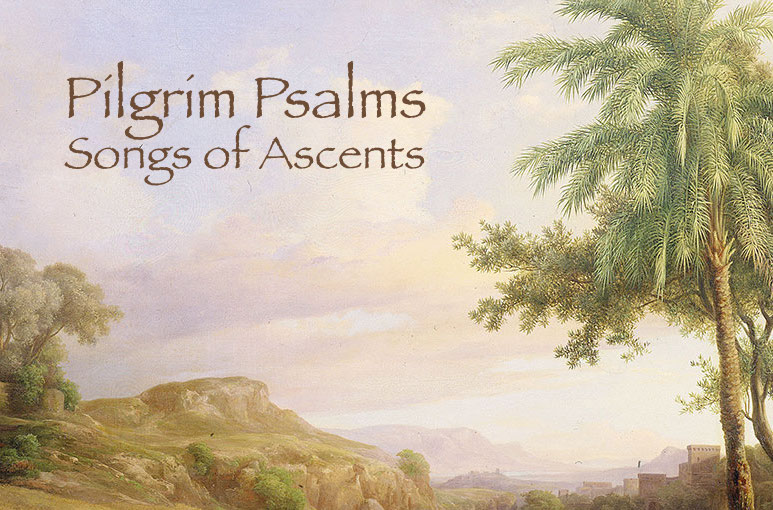I’ve embarked on a new journey: writing songs on all 15 Songs of Ascents (Psalms 120-134).
A number of elements came together to set me on this journey. First, as I’ve watched protests against police brutality unfold across the country, I’ve lamented the loss of the protest song. Marches in the 60s drew from a deep well of music that united people’s voices: Negro Spirituals, Black Gospel, and the folk songs of Pete Seeger, Joan Baez, and Bob Dylan. Marchers without a song are just a crowd.

At the same time I was contemplating the types of music that might be sung by a moving crowd, I began rereading Eugene Peterson’s A Long Obedience in the Same Direction, a wonderful companion to the Songs of Ascents. Psalms 120-134 accompany modern readers on our spiritual journey, but for faithful Jews the songs accompanied their physical journey. They sang these 15 songs as they journeyed to Jerusalem to worship. I decided that each of my Pilgrim Psalms should be singable by a group, without sheet music. So these are simple songs that rely on repetition, call and response, rounds, and other techniques that folk music and work songs have used for centuries to allow common people to take part.
The first song is “Deliver Me,” based on Psalm 120. As Peterson points out, it’s a song of discontent–a discontent that urges us to leave the warring and lies of our native land to set off for the city of God. It is the Pilgrim Psalm that sets us on our pilgrimage.
Too long I’ve lived, surrounded
by those who love to war.
Deception is their native tongue.
This will never be my home.
This will never be my home.
I’ll be a pilgrim seeking peace.
Give me rest, O Lord, at my journey’s end.
Oh, deliver me. Lord, deliver me.



